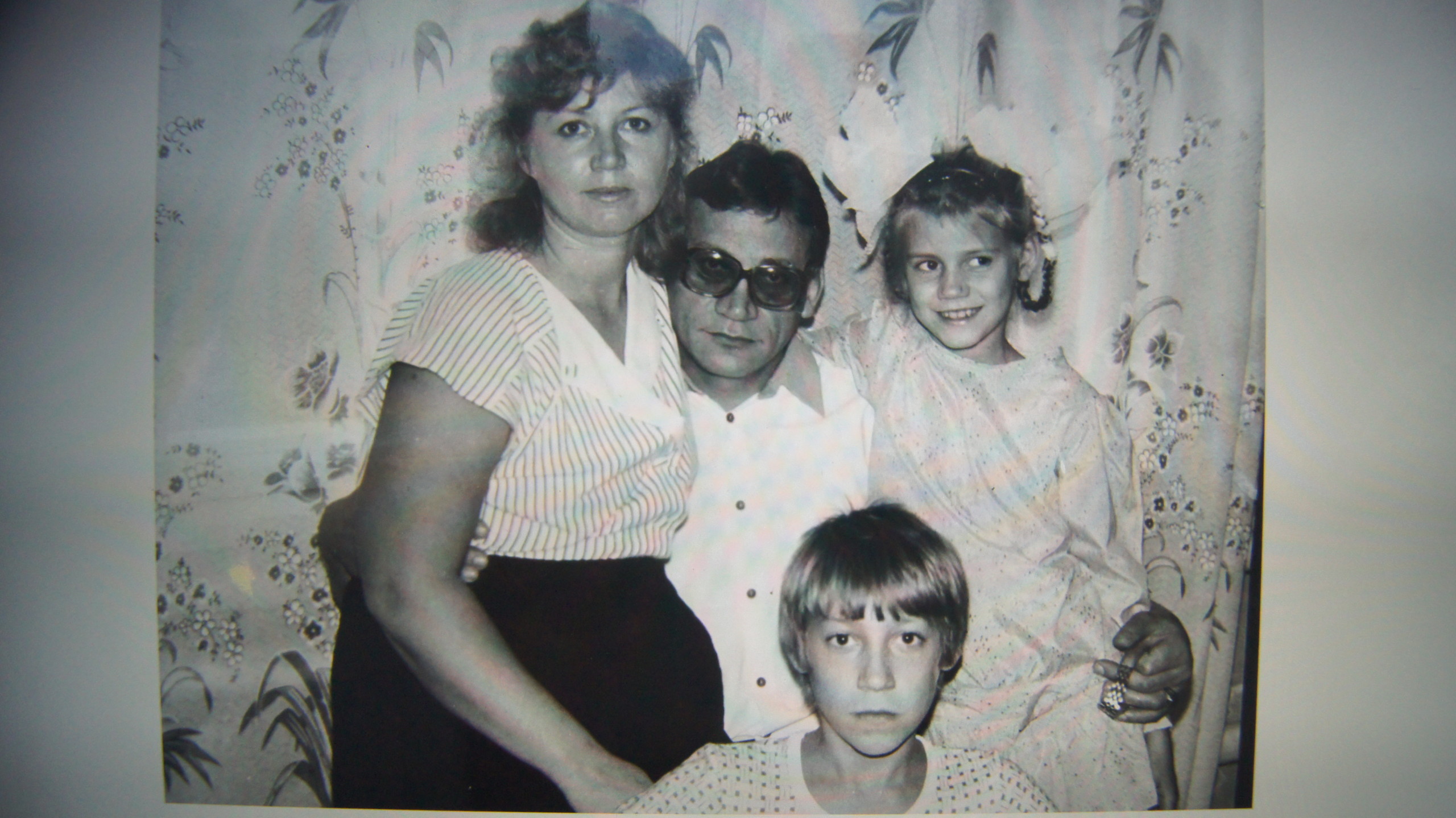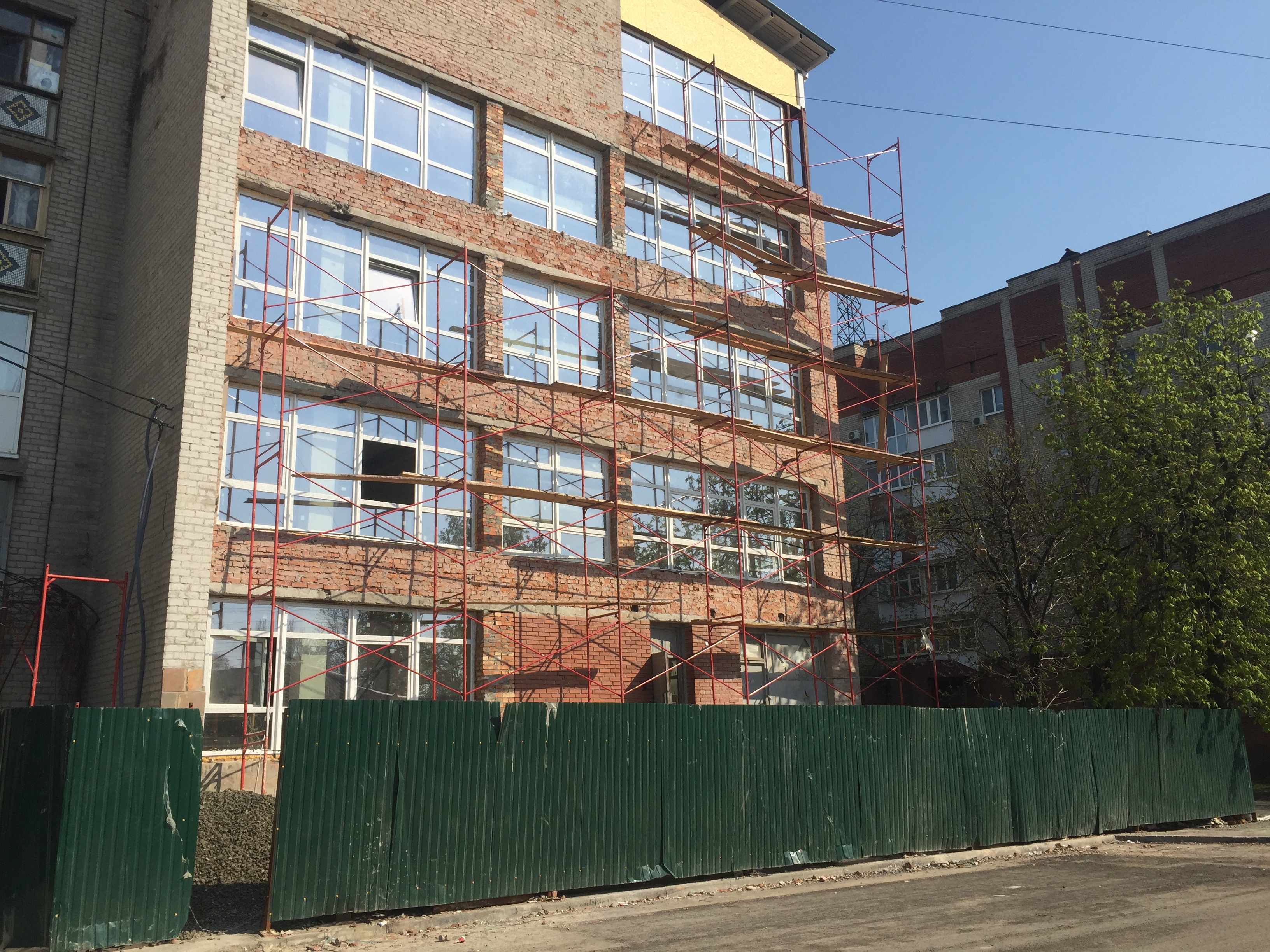1 July 2001
Slavyansk, Ukraine
Igor Alexandrov
Profession
Media
Motive
Exposure of illegal activity
Whistleblowing


Adolfo Olivas


Ahmed Divela


Amit Jethwa


Artan Cuku


Babita Deokaran


Bayo Ohu


Berta Cáceres


Bhupendra Veera


Bill Kayong


Boris Nemtsov


Boško Buha


Chai Boonthonglek


Charl Kinnear


Chut Wutty


Chynybek Aliev


Cihan Hayirsevener


Daphne Caruana Galizia


Darío Fernández


Derk Wiersum


Deyda Hydara


Édgar Quintero


Edmore Ndou


Edwin Dagua


Federico Del Prete


Fernando Villavicencio


Gezahegn Gebremeskel


Gilles Cistac


Habibur Mondal


Igor Alexandrov


Jacob Juma


Ján Kuciak


Javier Valdez


Joannah Stutchbury


José Ángel Flores


Jules Koum Koum


Kem Ley


Luis Marroquín


Mahamudo Amurane


Marcelo Rivera


María Elena Ferral Hernández


Marielle Franco


Milan Pantić


Milan Vukelić


Muhammad Khan


Nelson García


Nihal Perera


Oliver Ivanović


Orel Sambrano


Perween Rahman


Peter R. de Vries


Rajendra Singh


Salim Kancil


Sandeep Sharma


Sikhosiphi Radebe


Slaviša Krunić


Soe Moe Tun


Victor Mabunda


Virgil Săhleanu


Wayne Lotter


Yuniol Ramírez


Zezico Guajajara
1 July 2001
Slavyansk, Ukraine
Profession
Media
Motive
Exposure of illegal activity
Whistleblowing
Igor Alexandrov’s last television show was flighted on 13 April 2001. It was the third instalment in a four-part investigative series about various murders that had taken place in the Ukrainian cities of Slavyansk and Kramatorsk, located in the Donetsk region. The documentaries included the case of a Kramatorsk entrepreneur known in criminal circles as Yermak, as well as the murder of Slavyansk businessman Andrei Sobko.
Alexandrov was an established investigative journalist and editor-in-chief of the local Slavyansk TV station, TOR. In the third episode of his programme, Bez Retushi (meaning ‘without touching up’), Alexandrov announced that the fourth episode would reveal the names of those responsible for a series of murders. This promise never materialized. As he entered the offices of the TV station on 3 July 2001, he was heavily beaten up by a group of thugs armed with baseball bats. He died from severe head injuries four days later.
One of Alexandrov’s primary sources of information on organized-crime connections to various murders was Oleg Solodun, formerly the chief of the department responsible for combating organized crime in Kramatorsk. Solodun had been dismissed two years earlier after he discovered that his superior was involved in contract killings. Solodun explained in an interview: ‘[The contract killings] were committed in order to establish full control over the region by an organized-criminal group called 17 Site.’ He added: ‘During the investigation into the murder of “Yermak”, I received trustworthy information about the involvement of [the] Rybak [brothers] and my immediate superior, Police Lieutenant-Colonel VK Bantush.’
He immediately reported this to Volodymyr Malyshev, who headed the department for combating organized crime at the time. However, Solodun soon found that he instead became the subject of an investigation. ‘An official investigation was conducted against me and I was fired, while my subordinate was accused of possessing illegal drugs and imprisoned for six months,’ he said.
Svetlana Vyunichenko, editor at the local television channel TV plus, launched her journalistic career thanks to Alexandrov. After his murder, she covered the investigation and trial for local media. She says that Alexandrov was the first person who talked about the Donbas region as being heavily criminalized. ‘Donbas was a starting point for criminals to come to power. In those times, it was an unpopular topic. No articles were written, and no films made.’ In an interview, Vyunichenko recalled that the investigation and trial following Alexandrov’s murder left much to be desired. ‘The hearings reminded me of a circus. So did the investigation,’ she said.
In July 2001, the authorities accused Yuri Verdyuk, a homeless man from Slavyansk, of murdering Alexandrov. He was acquitted in May the following year. The public reacted with anger and shock. Later, in 2006, 12 people were arrested and convicted for the murder. On 6 June, the Lugansk Appeal Court sentenced five people. Two brothers, Aleksandr and Dmitri Rybak, were sentenced to 15 and 11 years in jail, respectively, as the instigators of the murder; Aleksandr Onishko and Ruslan Turussov, the perpetrators, were sentenced to 12 and six years, respectively; while Serguei Koritski, said to be their accomplice, was sentenced to two and a half years.
Solodun, for one, isn’t satisfied. While he agrees that the Rybak brothers were rightly found guilty for orchestrating Alexandrov’s murder, he believes that Viktor Pshonka – the Donetsk prosecutor until 2003, who oversaw the first investigation of Alexandrov’s murder – should be also be charged, together with former Ukrainian president, Petro Poroshenko. Despite many irregularities, Pshonka was promoted to become Ukraine’s Prosecutor General in 2010.
Solodun says that Ukraine hasn’t changed much since the rule of former president Leonid Kuchma ended in 2005. ‘Ukraine is a criminal country. Little has changed,’ he said. However, he added that large crowds had attended Alexandrov’s funeral, something he believes the government would have taken note of. ‘Alexandrov is a symbol of the fight against corruption, not only for the Donetsk region but the whole of Ukraine.’
Under Kuchma’s administration, and then during the Maidan protests, which sparked the Ukrainian Revolution of 2014, Ukraine was considered one of Europe’s most hostile environments for journalists.
Vyunichenko says that although Alexandrov made great headway in investigating organized crime, she doesn’t believe he was able to change the situation. She says that even if Alexandrov’s life had been spared in 2001, he would most likely have been killed for another investigation. ‘But our society is changing. And it proves his death wasn’t senseless. He has become a source of hope. He invited us to take up the fight,’ she said.

Alexandrov with his wife and children

The TV station building where Igor Alexandrov worked and was murdered
Solodun, who published a book about the Alexandrov case, and who decided to stand by his principles until the end, said: ‘I was fired in 1999 as a result of a falsified official investigation. In 2005, I was rehabilitated by the court, as the case reached the Supreme Court of Ukraine and the European Court of Human Rights.’ In 2005, he was appointed at the Ministry of Interior once more, but after he’d ‘blown the whistle’, he didn’t feel comfortable there any more. ‘After Viktor Yanukovych’s election as president, I resigned for moral and ethical reasons. Now I’m retired.’
Anna Glavatsky, Alexandrov’s daughter, hasn’t read Solodun’s book yet. She says she’s not ready. She was 16 when her father was murdered. ‘He was ready to do anything for the people he loved and the cause he believed in. Whether he had problems at work, we could not say for sure, because he’d always protect the family from his professional troubles. We are seeing changes in Ukraine. There is hope for the better.’
In February 2014, in a series of military interventions, the Russian military occupied the Crimea territory of Ukraine, annexing it, and, later, the Donbas region, in eastern Ukraine, in what has been seen by some as a violation of Ukraine’s sovereignty. Slavyansk was one of the first cities attacked by Russian separatists during the Ukrainian crisis, after Yanukovych abandoned a European path for Ukraine, which resulted in a massive national revolt known as Euromaidan. The conflict in Slavyansk lasted for three months, and, on 5 July, the Ukrainian army managed to retake the city from the Russian-backed separatists. Currently, Slavyansk remains within Ukrainian jurisdiction, and although just 30 kilometres from the war zone, the city is slowly recovering from the conflict.
‘I take care of my dad’s grave,’ said Anna, ‘and I think about him and recall him only in superlatives. Sometimes, I wonder what kind of grandfather he would have been for my children. I miss him very much.’


8 April 2017
Tirana, Albania
Artan Cuku


27 February 2015
Moscow, Russia
Boris Nemtsov


10 June 2002
Belgrade, Serbia
Boško Buha


19 December 2009
Bandirma, Turkey
Cihan Hayirsevener


16 October 2017
Bidnija, Malta
Daphne Caruana Galizia


18 September 2019
Amsterdam, Netherlands
Derk Wiersum


18 February 2002
Casal di Principe, Italy
Federico Del Prete


21 February 2018
Veľká Mača, Slovakia
Ján Kuciak


11 June 2001
Jagodina, Serbia
Milan Pantić


6 November 2007
Banja Luka, Bosnia and Herzegovina
Milan Vukelić


16 January 2018
North Mitrovica, Kosovo
Oliver Ivanović


15 July 2021
Amsterdam, The Netherlands
Peter R. de Vries


22 April 2019
Banja Luka, Bosnia and Herzegovina
Slaviša Krunić


7 September 2000
Iași, Romania
Virgil Săhleanu